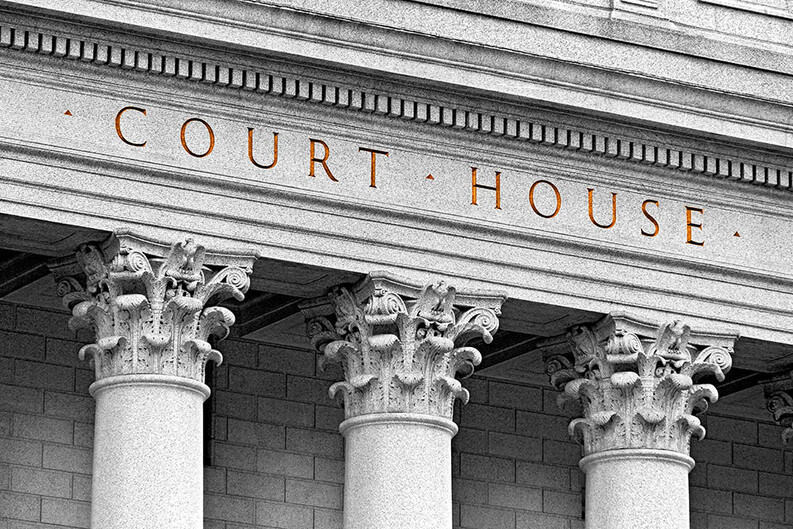Yale Law Students Help San Francisco Secure Landmark Opioid Ruling Against Walgreens

As the San Francisco City Attorney secured a landmark ruling against Walgreens this week, Yale Law students shared in a victory to hold the pharmacy liable for the opioid epidemic in the city.
Yale Law students in the San Francisco Affirmative Litigation Project (SFALP), a clinical partnership between Yale Law School and the San Francisco City Attorney’s Office, have been working on the city’s case against Walgreens since the lawsuit’s inception in 2018. Their efforts were rewarded on Wednesday when Judge Charles R. Breyer of the U.S. District Court for the Northern District of California issued a 112-page opinion that found Walgreens liable — the first bench trial decided in the plaintiff’s favor in the national opioid litigation.
“It’s really exciting to witness this outcome after having been involved in the early trial stages of the case,” said Delaram Takyar ’22, who worked on the Walgreens case in 2020. “The attorneys we worked with were incredibly creative and hard working. It’s inspiring to see that they were able to secure such an unprecedented victory against Walgreens, in recognition of the extent to which the company's practices contributed to the opioid epidemic in San Francisco and beyond.”
SFALP’s innovative model gives students the opportunity to partner with lawyers in the San Francisco City Attorney’s Office on groundbreaking public interest lawsuits. SFALP members worked with city attorneys on the Walgreens case through every stage of the litigation process, from filing the complaint to motions practice, and all the way through trial.
The trial is known as a bellwether case in the federal opioid litigation proceedings, which involve more than 3,000 American cities, towns, and counties. The cases seek to hold opioid manufacturers, distributors, and pharmacy chains responsible for fueling the opioid epidemic.
“This is an inspiring victory and I am deeply proud of my students who have worked on this important case since its inception,” said Dean Heather K. Gerken, who founded the clinic in 2006 and continues to lead its work. “I’m also grateful to partner with the City Attorney’s Office on such important and impactful work.”
In his decision, Breyer emphasized the central role Walgreens has played.
“The evidence at trial established that from 2006 to 2020, Walgreens pharmacies in San Francisco dispensed hundreds of thousands of red flag opioid prescriptions without performing adequate due diligence,” he wrote in his decision.
“This decision gives voice to the thousands of lives lost to the opioid epidemic,” said San Francisco City Attorney David Chiu. “This crisis did not come out of nowhere. It was created by the opioid industry, and local jurisdictions like San Francisco have had to shoulder the burden for far too long. We are grateful the Court heard our arguments and held Walgreens responsible for the damage they caused.”
One of nearly 30 clinics at Yale Law School, SFALP litigates some of the most pressing matters of the day, including climate change, the opioid crisis, and workers’ rights. Many of SFALP’s cases have made national news, including its work defending sanctuary cities from attack by the Trump administration, its lawsuit against a major credit card arbitrator, and the landmark Proposition 8 case that legalized same-sex marriage in California before it became the law of the land. In addition to casework, SFALP students participate in a seminar focused on affirmative litigation and local government law. Since its inception, the clinic has become a model for city attorneys’ offices and law schools throughout the country.


